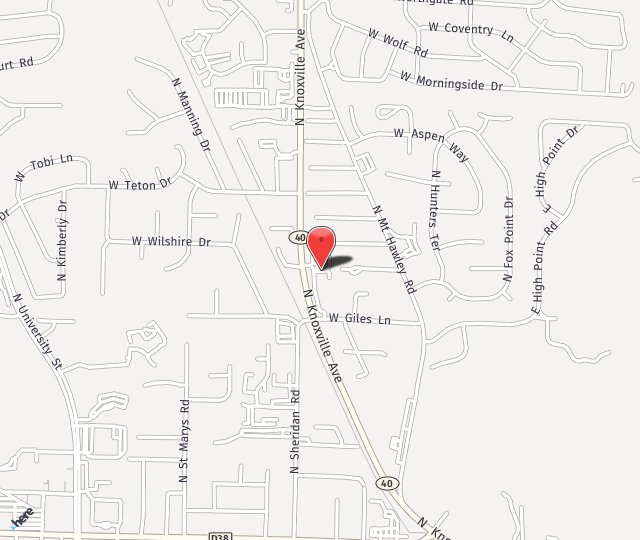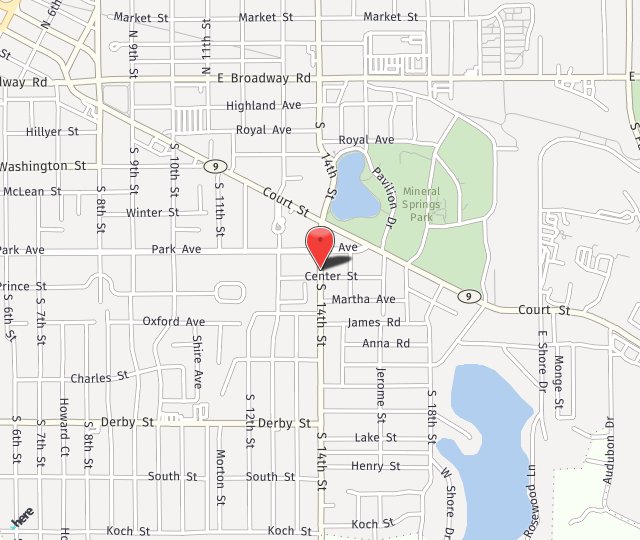
Contact lenses have become an increasingly popular choice for vision correction. People typically opt for contact lenses for aesthetic preferences, lifestyle advantages, or both. These tiny, versatile devices offer a convenient alternative to traditional eyeglasses, allowing wearers to experience clear vision without compromising their style or activities.
Contacts are an excellent option for those who wish to maintain their natural appearance or experiment with different styles, as contact lenses don’t obscure one’s facial features like glasses can. Contact lenses are also a secure, stable method of vision correction, offering immediate appeal to athletes and the like who would otherwise worry about glasses falling off, slipping out of place, or becoming damaged.
With the ability to correct various vision problems, including nearsightedness, farsightedness, astigmatism, and even presbyopia, contacts are a versatile solution for individuals with different visual needs.
Soft Contact Lenses
Soft contact lenses are the most common type of lenses worn by contact lens users. Made from a flexible and water-absorbing material, these lenses offer excellent comfort and ease of wear. They conform to the shape of the eye, providing a secure fit and allowing oxygen to reach the cornea. Soft contact lenses come in various designs to address different vision conditions, including daily wear lenses, extended wear lenses, toric lenses for astigmatism, multifocal lenses for presbyopia, and colored lenses for cosmetic purposes.
Rigid Gas Permeable (RGP) Contact Lenses
RGP lenses are made from a rigid material that allows oxygen to pass through. These lenses provide crisp and clear vision by maintaining a smooth shape on the cornea. They are particularly suitable for individuals with astigmatism or those who require higher levels of vision correction. Although RGP lenses may take some time to adjust to, they offer better durability and longevity compared to soft lenses.
Hybrid Contact Lenses
Hybrid lenses combine the benefits of both soft and RGP lenses. They feature a rigid center for clear vision correction and a soft outer ring for enhanced comfort. These lenses are designed to correct astigmatism and offer excellent visual acuity while providing improved comfort compared to RGP lenses.
Scleral Contact Lenses
Scleral lenses are large-diameter lenses that vault over the entire cornea, resting on the sclera (the white part of the eye). These lenses are primarily used for individuals with irregular corneas, such as those with keratoconus or severe astigmatism. Scleral lenses provide visual clarity by creating a smooth, uniform surface over the irregular cornea and retaining a tear-filled reservoir that keeps the eyes hydrated throughout the day.
Toric Contact Lenses
Toric contact lenses are specifically designed to correct astigmatism, a common condition where the cornea or lens has an irregular shape, causing blurry or distorted vision. Unlike regular spherical lenses, toric lenses are designed to align with the unique shape of the astigmatic eye. Toric contacts are a reliable solution for individuals with astigmatism who want the convenience and freedom of lenses.
Contact Lenses for Color Blindness
Color Blindness affects the way individuals perceive and distinguish colors. While contact lenses don’t cure color blindness, certain tinted lenses can enhance color perception for some individuals. Color-enhancing contact lenses work by selectively filtering specific wavelengths of light to enhance the perception of certain colors. It’s important to note that the effectiveness of these lenses varies depending on the type and severity of colorblindness, and it’s recommended to consult with an eye care professional for proper evaluation and guidance.
Single-Use Disposable Contacts (“Dailies”)
Single-use contact lenses, often referred to as “Dailies,” are worn once and then discarded, eliminating the need for cleaning, disinfecting, and storing routines associated with reusable lenses. Dailies offer a hygienic and hassle-free option, reducing the risk of eye infections and irritation. They are an excellent choice for occasional contact lens wearers, individuals with allergies, or those who prefer a low-maintenance approach to vision correction.
Multifocal / Bifocal Contact Lenses
For individuals looking to ditch glasses altogether, multifocal or bifocal contact lenses provide a practical solution. Multifocal contact lenses are available in both hard and soft materials. Hard multifocal lenses, also known as rigid gas permeable (RGP) multifocals, have distinct zones for near and distance vision. They offer excellent clarity and sharpness but may require an adjustment period due to their rigid nature. Soft multifocal lenses, on the other hand, have a gradual transition between the prescription zones, allowing for a more comfortable and easier adaptation.
Contact lenses offer a wide range of options for vision correction, catering to individual needs, preferences, and eye conditions. Whether you prefer the comfort of soft lenses, the clarity of RGP lenses, the hybrid combination, or you need the specialized correction of scleral lenses, toric lenses, color-enhancing lenses, etc. there is a contact lens type that suits you.
If you’re considering contact lenses, it’s essential to consult with an experienced eye care professional to determine the best type for your eyes and lifestyle.
For exceptional eye care services and personalized contact lens fittings, consider Bond Eye Associates, with conveniently located offices in Peoria and Pekin.


